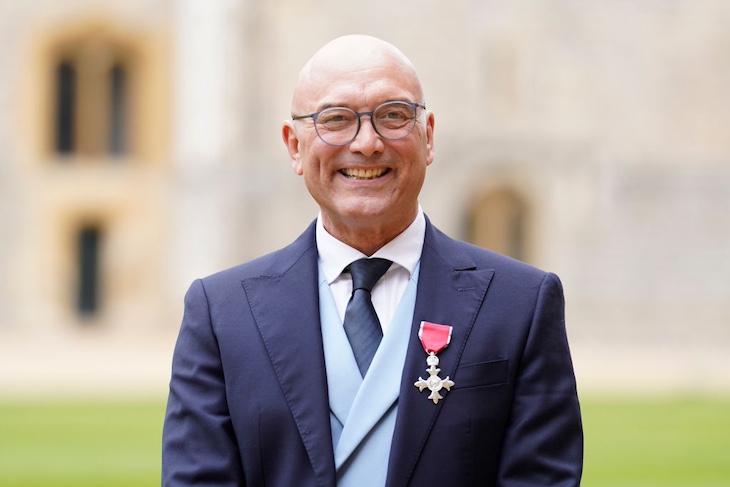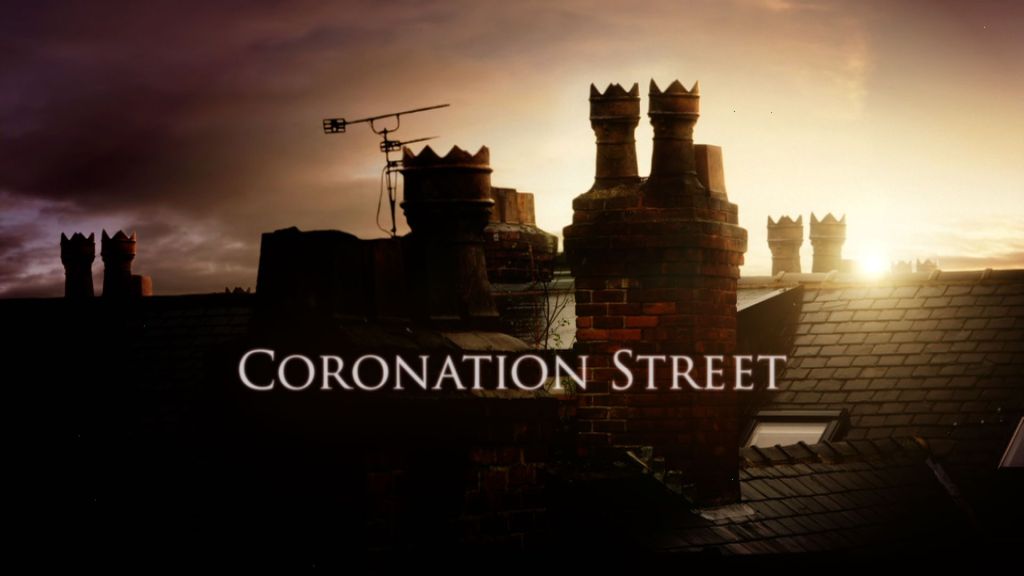So here we are again – another well-known BBC presenter is facing a growing list of allegations of misconduct, tarnishing the image of the state broadcaster.
This time around it’s MasterChef presenter Greg Wallace. In the depressingly familiar pattern of previous scandals, we’ve learned that concerns had been raised repeatedly with the BBC, but no meaningful action had been taken against Wallace until the scandal broke.
My colleagues and I, working in the newsroom as the Wallace story broke, ended up once again reporting on the failings and double standards of my employer, and wondering why our overlords seem unable to learn from past mistakes.
It’s worth stressing here that the dismay of the public is shared by the journalists who do the real graft at the BBC – the tireless staffers who make sure running orders are filled and hammer at their keyboards 24/7, writing the scripts their highly-paid presenter colleagues read out to unwarranted acclaim.
I vividly recall a key figure on the news desk ranting with genuine outrage about what he saw as the obstruction and obfuscation of the BBC’s higher-ups and PR spinners over the Huw Edwards affair, a reputational disaster that should surely have prompted resignations from the corporation’s executive tier. Instead of a major managerial shake-up however, more damage has been done to the BBC’s standing again.
My theory on why this keeps happening is that the BBC has its own internal cult of celebrity that gives high-profile figures greater leeway to behave as they wish, rather than as they should. From what I have witnessed, senior managers seem bedazzled and fixated with the ‘talent’, much to the chagrin of the people who do the spade work behind the scenes.
I have lost count of the times I have sat through presentations given by editorial bosses who insist on namechecking well-known presenters and correspondents whilst failing to acknowledge the lower-rung journalists who made such ‘amazing work’ possible. (These grating pep talks usually conclude with a morale-sapping rundown of the latest round of job cuts, with the axe invariably falling well clear of senior management.)
This undervaluing of regular hacks and overvaluing of overpaid ‘talent’ has created an imbalance in corporate governance. I have written here before about two-tier editorial policy on certain issues at the BBC. What is also clear is that the broadcaster takes a two-tier approach to policing the conduct of its employees.
It’s easy to come by examples. Section 15.3.5 of the BBC’s Editorial Guidelines concerns ‘Risks of Conflicts of Interest’ and enumerates four ‘principal areas of risk that may arise from an individual’s external interests and activities’.
One of these areas is ‘the risk of bringing the BBC into disrepute’. Another is ‘the risk of bringing the BBC’s impartiality into doubt’. I decided to put my two-tier theory to the test by contacting the BBC press office about the controversial social media activities of one of the broadcaster’s best-known presenters, Radio 2’s Jeremy Vine.
A cycling evangelist, Vine has for some time taken it upon himself to film motorists he deems to be dangerous as he rides through London. He then posts the footage for his 774,000 followers on X, with captions and dramatic sound effects. Unwitting drivers have been targeted and scolded by Vine, who acts as judge and jury in the videos.
A recent example shows Vine cycling through an amber light on his bike and nearly colliding with a bus. The footage zooms in on the face of the female bus driver, clearly identifying her as Vine intones gravely, ‘This is a very dangerous driver. That’s a bus driver who’s going to kill.’
Imagine how that woman might feel when she realises she has been publicly castigated with no right of reply (a basic tenet of journalism) by one of the BBC’s most high-profile presenters. What if she faced reprisals from Vine’s fellow cycling zealots or loses her job as a result?
You might think this kind of guerilla journalism clearly risks bring the BBC into disrepute. Yet a BBC spokesperson responded to my anonymised email with a curt: ‘Jeremy is aware of his duty under the BBC’s social media guidelines.’
Vine doesn’t limit himself to proselytising about road safety. In another post he writes: ‘I don’t know who cut down the Sycamore Gap tree, but if and when they are convicted, we need life sentences.’ In what world does this reflect impartiality? This case is currently going through the courts.
Another example of the two-tier approach taken by the BBC can be seen in the almost vertical career trajectory of the corporation’s disinformation specialist and BBC Verify star, Marianna Spring.
As first reported by the New European, Spring has been accused of embellishing her CV. But this has not stalled her meteoric rise. Following a path ingloriously blazed by Robert Peston (who during his stint at the Beeb was dubbed by newsroom wags the ‘ego-nomics editor’), Spring is one of the BBC’s new breed of celebrity reporters who are seemingly encouraged to put themselves at the heart of whatever story they’re covering. It doesn’t appear to have dawned on Spring or the BBC that this might be the answer to the question posed by her podcast title: Why Do You Hate Me?
The decision to ignore Spring’s CV has damaged BBC Verify’s credibility and has potentially made it impossible for the corporation’s own disinformation queen to pursue certain stories that fall within her remit. As Steerpike has noted, the BBC was initially strangely silent when the accuracy of Rachel Reeves’s CV first came under scrutiny in October. It doesn’t take a genius to work out why.
Only this week we learned Clive Myrie, the man BBC bosses hope could become the new Huw Edwards (but without the horrifying hinterland), has also blotted his copybook yet suffered no meaningful consequences.
It’s emerged Myrie failed to declare to the BBC at least £145,000 of earnings from engagements outside of the corporation. He’s said sorry and pledged not to take part in any more paid external events ‘in the foreseeable future, beyond a handful of pre-existing commitments.’ So that’s okay then. One might forgive Myrie for a side-hustle or two if he was paid peanuts, but the news anchor and Mastermind host took home at least £310,000 of licence payers’ money this year.
Although a universe away from some of the appalling scandals that have rocked the BBC in the past (the unspeakable Jimmy Savile revelations being the most notable), all of this demonstrates that no matter what the corporation claims, it continues to be lax in policing its stars.
And until this approach changes, you can be sure that it won’t be long before another top BBC name is making headlines again for all the wrong reasons.







Comments